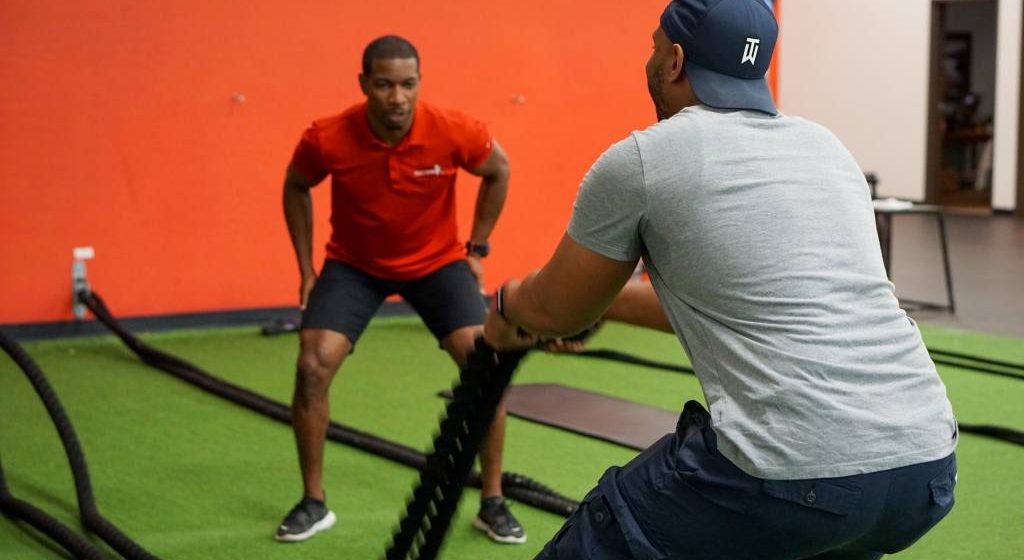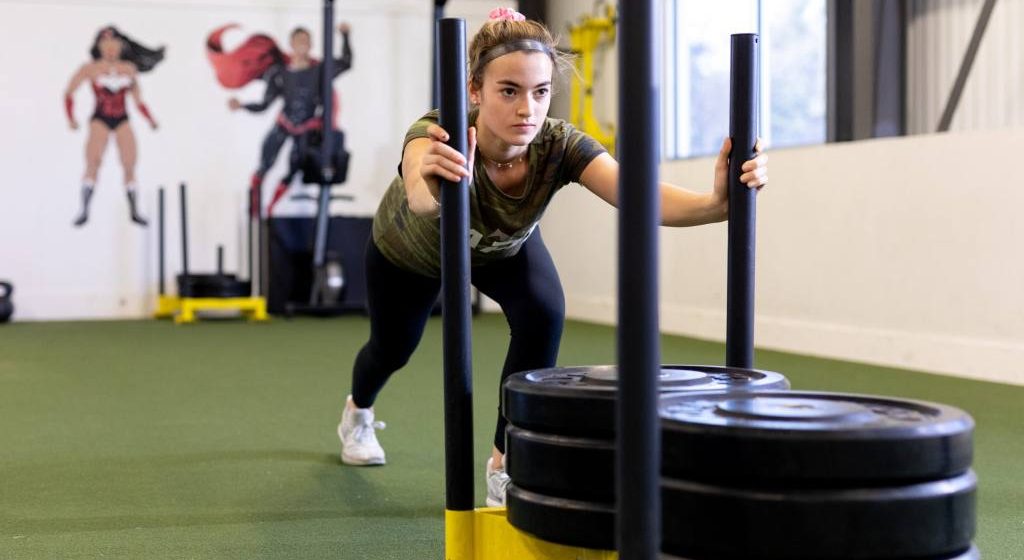Proper hydration is a key factor in achieving optimal exercise performance. Whether you’re a professional athlete or someone who enjoys casual workouts, staying hydrated ensures that your body can perform at its best. Water is essential for every bodily function, and exercise significantly increases the body’s need for fluids. Understanding how hydration impacts your performance can help you maximize results and reduce the risk of injury or fatigue.
This article will explore the various ways hydration affects exercise performance, along with practical tips to help maintain proper fluid levels during physical activity.
Hydration and Energy Levels
Water is vital for maintaining energy levels during exercise. As your body heats up, it loses water through sweat to regulate temperature, which, if not replenished, can lead to dehydration. When you’re dehydrated, even slightly, your energy levels begin to drop, making it harder to sustain physical activity. Fatigue sets in more quickly, and your ability to perform at your peak is compromised.
Being well-hydrated before you start working out ensures that your muscles and organs have enough fluid to function properly. Staying hydrated during exercise helps maintain stamina, enabling you to push through longer workouts without feeling drained. Drinking water consistently throughout your exercise routine can help sustain energy, allowing you to get the most out of every session.
Impact on Muscle Function
Muscles require water to work efficiently. When you’re properly hydrated, your muscles receive the oxygen and nutrients they need to contract and relax. Dehydration, on the other hand, can cause muscle cramps, stiffness, and an increased risk of injury. This is especially important during strength training and endurance exercises, where muscle performance is crucial.
Inadequate hydration reduces blood flow to the muscles, leading to a build-up of lactic acid, which causes fatigue and discomfort. Over time, chronic dehydration can negatively affect muscle strength and flexibility, preventing you from reaching your full potential. Ensuring that you drink enough water before, during, and after exercise supports muscle recovery, helps prevent cramping, and keeps your muscles functioning optimally.

Hydration and Cognitive Performance
Exercise is not only a physical challenge but also a mental one. Hydration plays a key role in supporting cognitive performance during physical activities. Dehydration can impair concentration, decision-making, and reaction time—all of which are important for athletes and fitness enthusiasts.
When your body lacks sufficient water, brain function slows down, which can lead to mistakes, poor form, or even accidents during exercise. By staying properly hydrated, you enhance mental clarity and focus, which allows you to perform exercises more effectively and safely. Whether it’s lifting weights or running a marathon, staying hydrated ensures your brain is as sharp as your body.
Fluid Loss and Recovery
Exercise leads to the loss of fluids through sweat, and the longer or more intense the workout, the more significant the fluid loss. Replenishing these fluids is critical for recovery and overall performance. Failure to hydrate properly after exercise can leave you feeling fatigued, sore, and unmotivated for your next workout.
Drinking water or other hydrating fluids post-exercise helps the body replenish what it lost, aiding in muscle recovery and reducing the chance of soreness or injury. It’s important to note that your body may need more than just water to fully recover, particularly after intense workouts. Electrolytes lost through sweat—such as sodium and potassium—also need to be replaced to maintain proper hydration levels and overall health.
Practical Hydration Tips for Optimal Performance
While hydration is essential, it’s equally important to know how to maintain proper fluid levels before, during, and after exercise. Drinking small amounts of water consistently throughout the day helps your body stay hydrated, rather than waiting until you’re thirsty, which is already a sign of dehydration.
For short, moderate-intensity workouts, drinking water is typically sufficient. However, for longer or more intense exercise, consider adding an electrolyte solution to your hydration plan to ensure you’re replenishing the salts lost through sweat. Make sure to listen to your body’s signals—dry mouth, dizziness, or dark urine are all indicators that you need more fluids.
Hydration needs vary depending on the type of exercise, climate, and individual body composition. Paying attention to your specific needs will ensure that you stay properly hydrated and avoid the negative impacts of dehydration on your performance.
Conclusion
Hydration is a critical component of exercise performance, impacting everything from energy levels to muscle function and cognitive ability. Maintaining proper fluid levels allows your body to perform at its peak, reduces the risk of fatigue or injury, and enhances recovery. Whether you’re engaging in a high-intensity workout or a casual exercise routine, staying hydrated should always be a priority. By adopting simple hydration habits and understanding your body’s needs, you can improve your exercise performance and overall health.


Leave a Reply